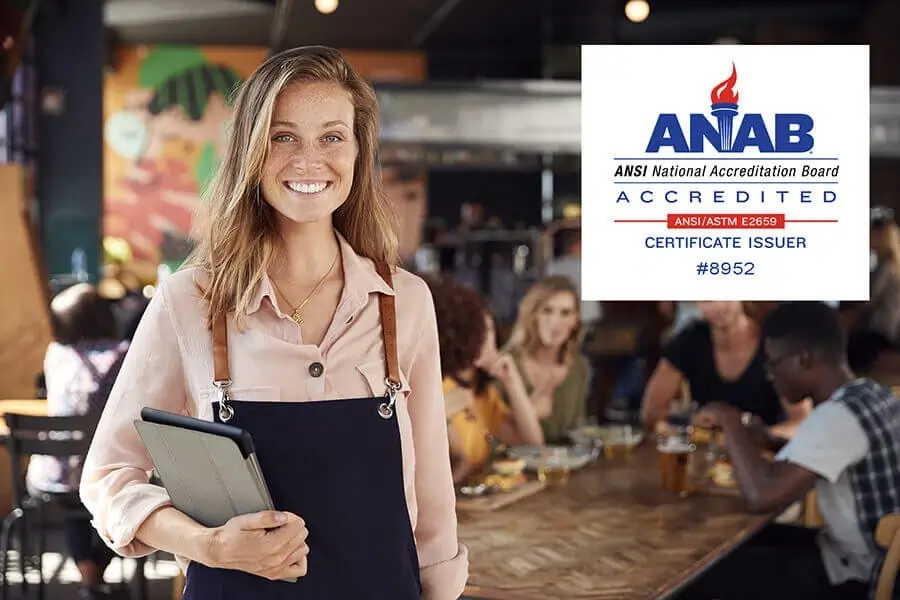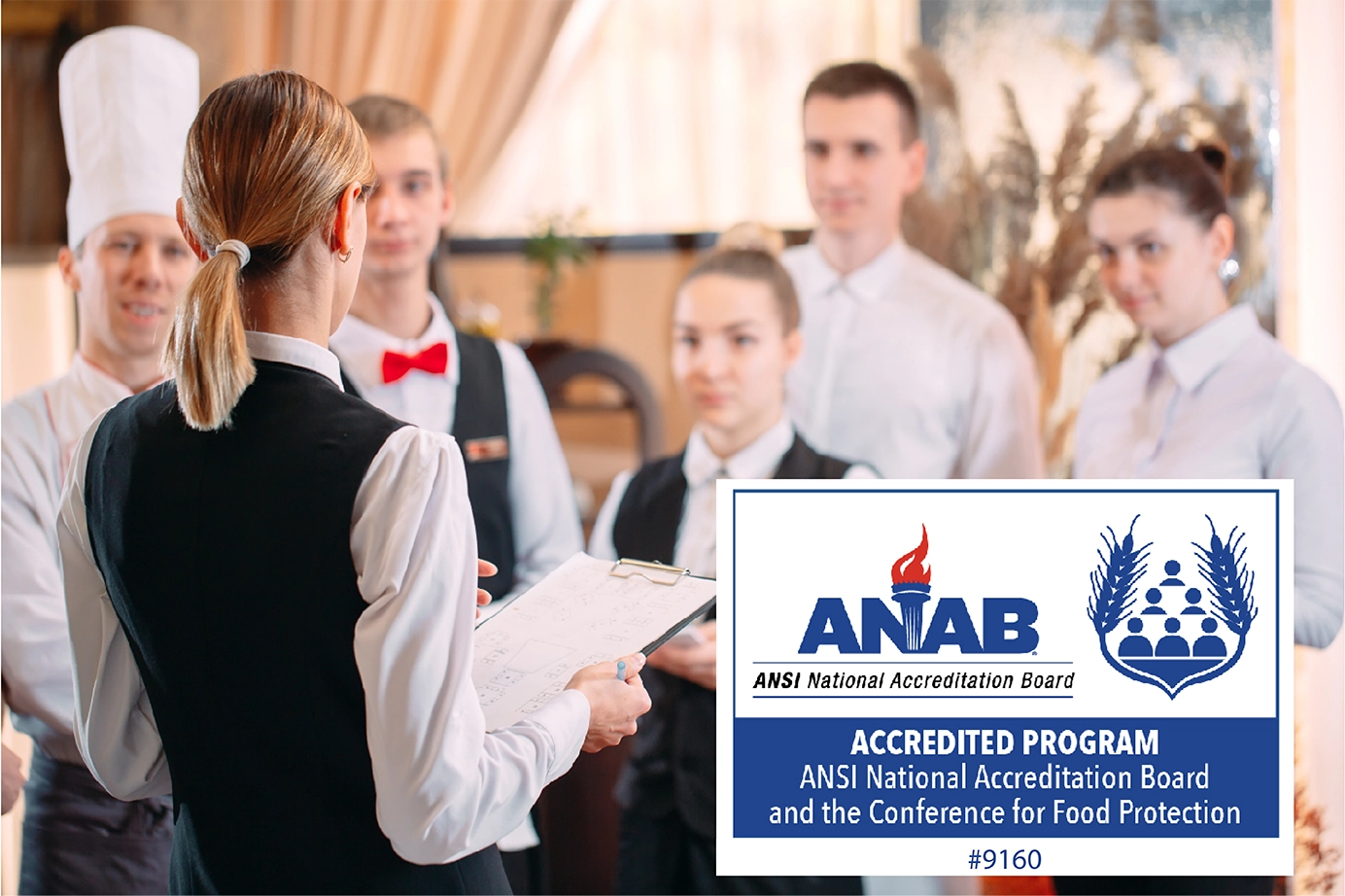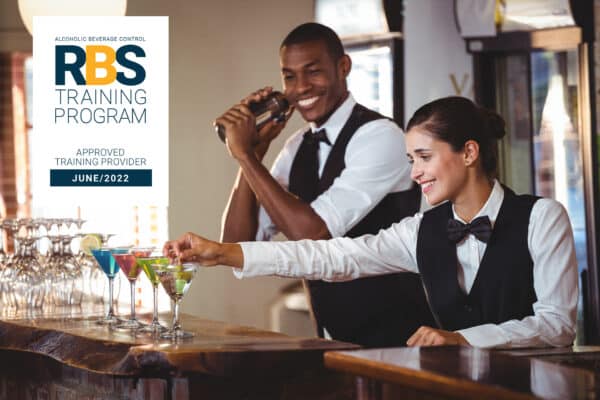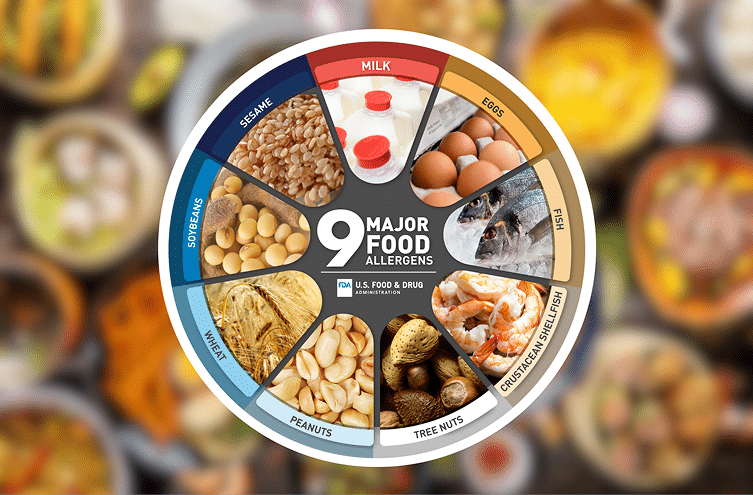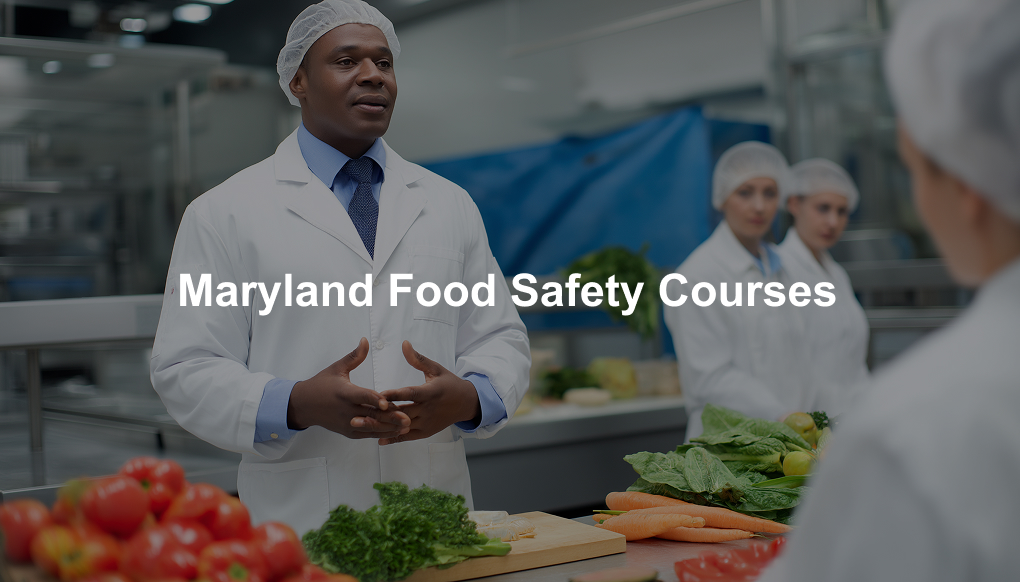STATE of Maryland
State Of Maryland
Search By Counties in Maryland
Maryland Food Safety – Get Certified Online
If you’re working in a restaurant, grocery store, food truck, or any food service business, understanding Maryland food safety guidelines is essential. Our ANAB-accredited course meets Maryland’s training requirements and helps you learn the best practices for preventing foodborne illnesses and maintaining hygiene standards.
Designed for food handlers and entry-level employees, this course is fully online, easy to navigate, and accessible from any device, so you can complete your certification on your schedule.
Why Maryland Food Safety Course?
✅ 100% Online – Learn at your own pace
✅ Meets food safety certification standards
✅ Simple, mobile-friendly interface
✅ Ideal for food handlers and staff
✅ Instant certificate download after passing
OUR CLIENTS
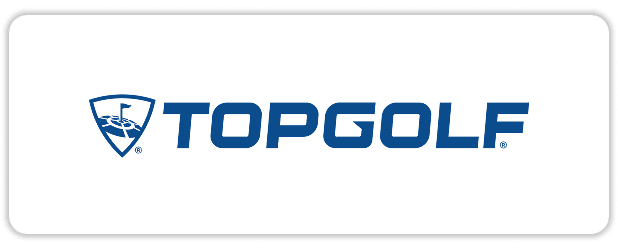
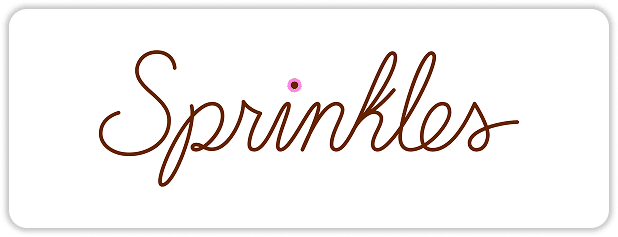

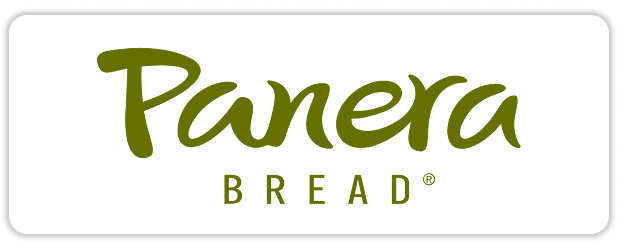
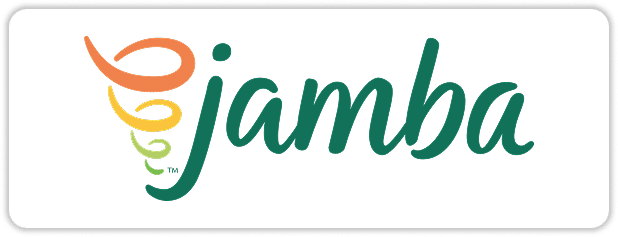

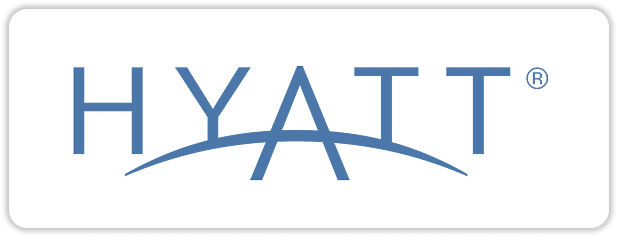
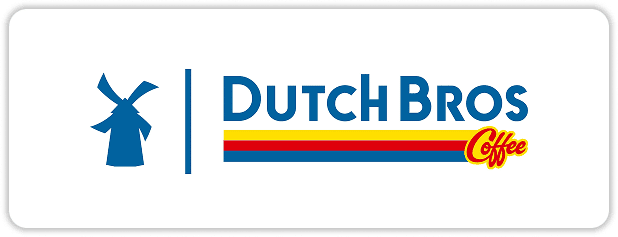
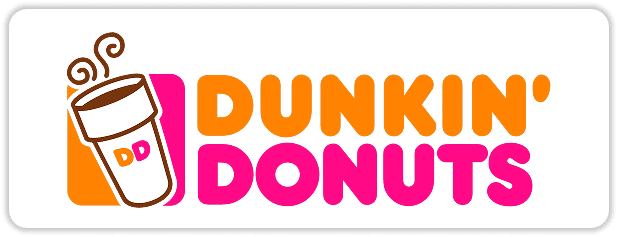
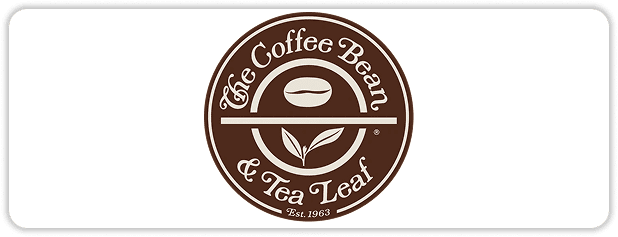
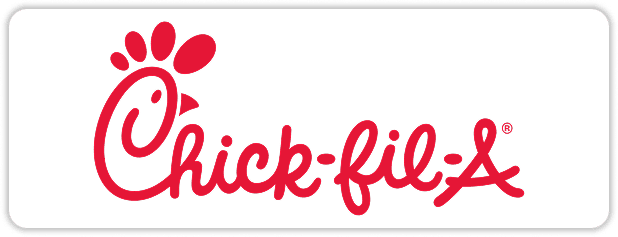
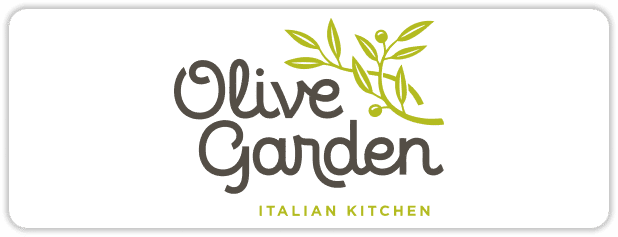
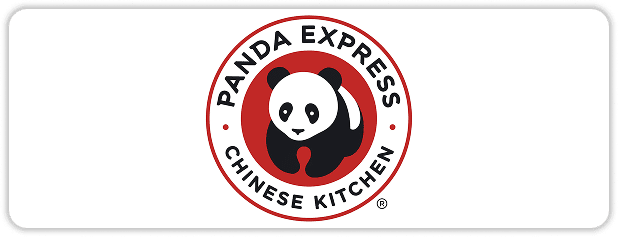
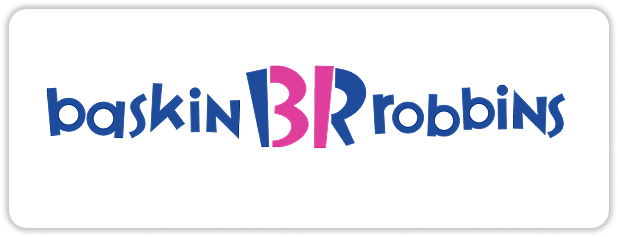
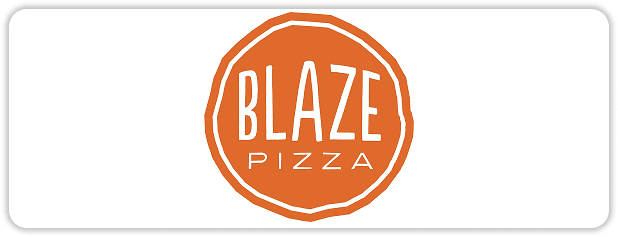
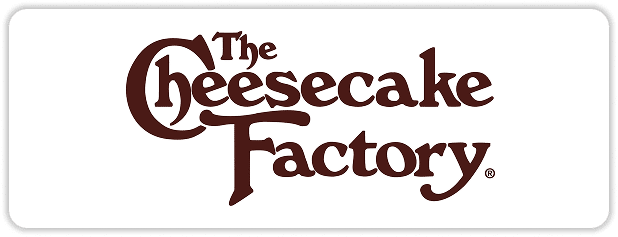
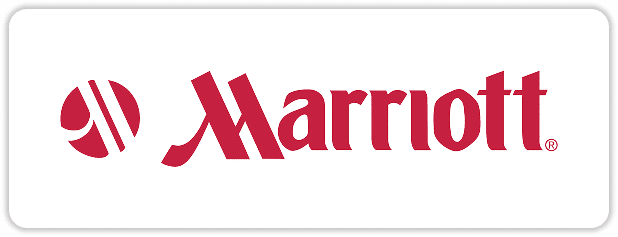

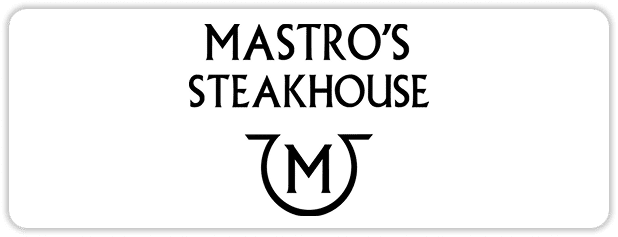
BENEFITS OF TRAINING
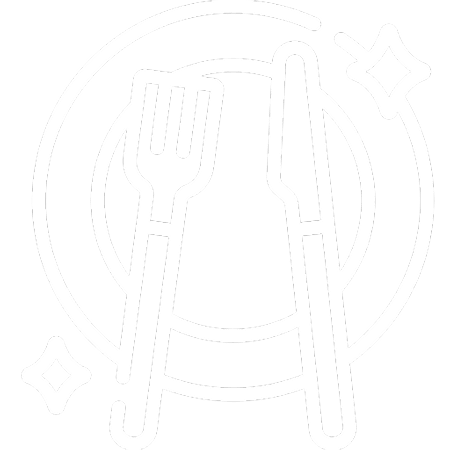
PREVENT
Education is the best tool to prevent, minimize, or eliminate foodborne illnesses and food hazards.
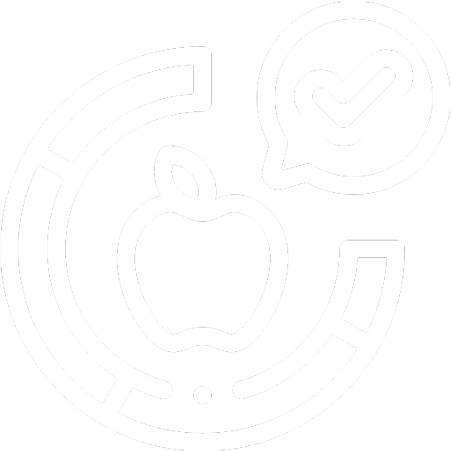
AWARENESS
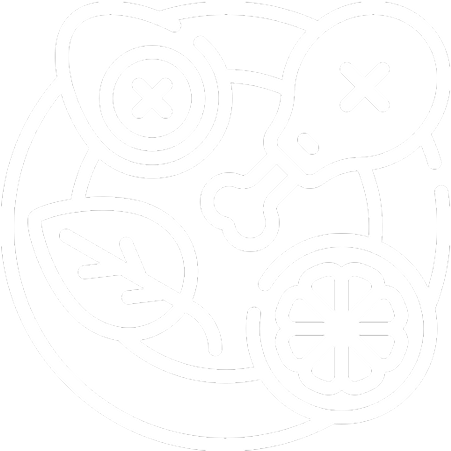
ELIMINATE
Training helps reduce or eliminate food safety hazards before they become major issues.

MINIMIZE
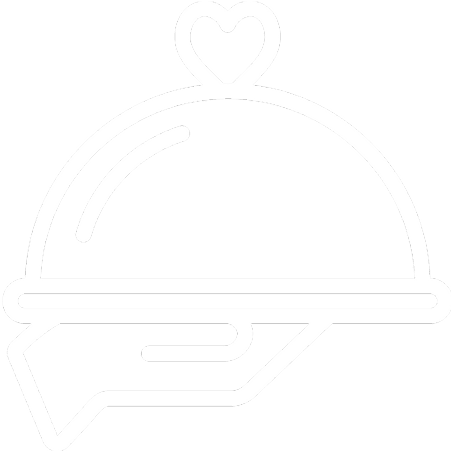
PRODUCTIVITY
Reducing food safety complaints will create a happier workplace and in turn increase productivity.
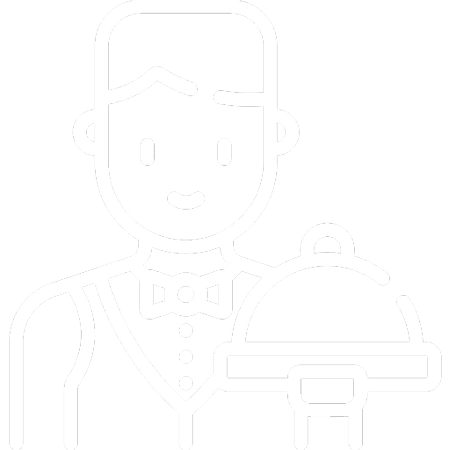
WORKPLACE SATISFACTION
WHY CHOOSE US

- Satisfaction Guarantee
- Online Interactive Course
- Meets and Exceeds State Guidelines
- Price Match Guarantee
- Owners and Managers: Manage, Track and Record Employee Progress
FREQUENTLY ASKED QUESTIONS (FAQs)
Food safety training teaches food workers how to prevent foodborne illness. Core lessons include personal hygiene, proper hand washing, safe cooking and holding temperatures, correct food storage, prevention of cross-contamination, cleaning and sanitizing, and allergen awareness.
Any employee who works with unpackaged food, food-contact surfaces, or utensils in Maryland is required to take food safety training. This includes cooks, dishwashers, servers, bartenders, grocery staff, and catering employees. Many employers require proof of training even if a county does not mandate it.
Most counties in Maryland accept a food handler certificate for three years. After it expires, you must renew by retaking a food safety course. Always check with your local health department for county-specific rules.
Yes. AAA Food Handler offers an ANAB accredited course, which is recognized as meeting food safety training standards. Accreditation ensures the course content is nationally approved and trusted by regulators.
The course is designed for quick learning. Most students finish in about 1.5 hours. Once you pass the exam, your Maryland food handler certificate is immediately available for download and printing.
Yes. A food safety certificate from an ANAB accredited program is accepted across Maryland, but some counties may have additional requirements. Always confirm with your local health department or employer.
With a food handler permit earned through AAA Food Handler, you’ll be qualified for a wide range of food service jobs in Maryland. The training applies to anyone handling unpackaged food, food-contact surfaces, utensils, or equipment. Common roles include:
Servers, bartenders, cooks, and food prep workers
Dishwashers and event staff
You can work in diverse establishments like restaurants, fast food outlets, bars, cafes, bakeries, grocery stores, catering services, and even food trucks. Demand for these jobs is strong—according to the Restaurant Association of Maryland, the state had over 259,000 restaurant and food service jobs in 2019 (9% of total employment), with industry growth projected at 8.1% by 2029.
It depends on where you work in Maryland. Some jurisdictions make certification mandatory, while others only recommend it. Even in areas where it isn’t required by law, many employers still expect managers to be certified.
The following jurisdictions require at least one certified food manager on staff:
- Baltimore City
- Baltimore County
- Howard County
- Montgomery County
- Prince George’s County
Local requirements vary. Some jurisdictions require you to complete an approved course (6 or 8 hours), while others only require passing an approved certification exam. In every case, you’ll also need to register with the local health department once you’re certified.
AAA Food Handler is an approved provider for all the jurisdictions listed above. For other parts of Maryland, check with your local health department to confirm specific rules.
Not all, but several jurisdictions do. Counties such as Baltimore City, Baltimore County, Howard County, Montgomery County, and Prince George’s County require at least one Certified Food Protection Manager (CFPM) in each establishment. Requirements vary, so check your county rules.
Food manager certification in Maryland is typically valid for three years. Renewal is required before expiration to maintain compliance with county regulations and employer policies.
Yes. The AAA Food Handler Food Protection Manager Certification meets food safety requirements for healthcare and long-term care facilities under CFR § 483.60. It is also valuable for professionals pursuing the Certified Dietary Manager (CDM) credential.
Official regulations are available from the:
Maryland Department of Health – Office of Food Protection
201 West Preston Street
Baltimore, Maryland 21201


